Covid: Lockdown loneliness could leave people 'stuck', charity warns
- Published
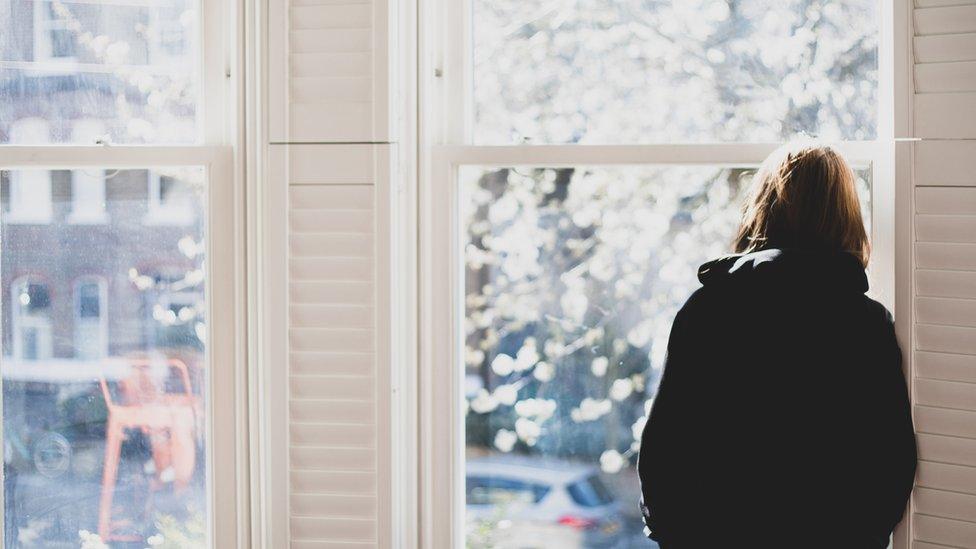
Loneliness levels are rising across the UK, according to recent research
People affected by feelings of loneliness and isolation as a result of lockdowns could find it difficult to re-integrate as the country unlocks, campaigners have warned.
Official figures show high rates of loneliness in recent months compared with those recorded last spring.
Those particularly affected by a lack of social contact could find themselves "left behind" and "stuck" as restrictions ease, the Campaign to End Loneliness said.
BBC News spoke to people taking their first steps towards normality after the latest lockdown.
'Lost and lonely'
Kayla Masterson, from Blackburn, started studying at Manchester Metropolitan University in September.
The 22-year-old moved back home to study after feeling "lost and lonely" while living in a shared house during lockdown.
After restrictions eased and trips to pub gardens became possible, Kayla says she was surprised when she didn't enjoy her first visit.
"There wasn't any social distancing going on, it was scary and I could feel my anxieties starting to re-ignite," she said.

Kayla Masterson said September to December 2020 were some of the worst months of her life
"I enjoyed being with my friends, but not all the people around me and strangers being so close, I found it really daunting and not what I've been used to," she says.
"We all felt the same, so we had one drink and went back to our garden which was much more peaceful.
"I used to love going to the pub and having drinks, as did all my friends, we were out all the time, but I can't see that I'll go back to that now."
'Overwhelming'
Gage Oxley, a film-maker from Leeds, says he was catching up with friends and going out every night before the first lockdown hit last March.
"Then all of that just stopped," he says. "That kind of loneliness and isolation from friends had a massive impact."
Since the country began to unlock, the 24-year-old has been able to meet friends in person, but said it took a while to get used to after months of Zoom calls.
"You kind of forget you can't mute yourself in real life," he says.
Despite safety measures and a drop in case numbers, Gage says he still feels worried about going out.
"I think many of us have a certain anxiety about having to return to these big places and social gatherings."
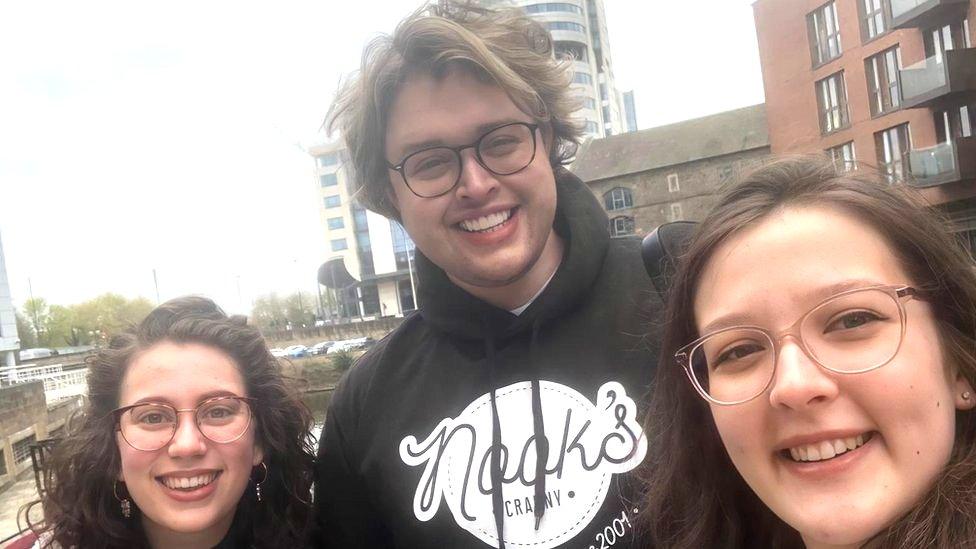
Gage Oxley said meeting up with friends in person again took a while to get used to
'Very isolated'
Jacqui Drake was asked to shield for long periods, making even trips for essential shopping impossible.
The 58-year-old from Bradford lives on her own and is terminally ill with skin cancer.
"[I] really did feel very isolated at times," she says.
"I have felt lonely, especially on a night when you sit down and realise that apart from the TV, it's quiet."
Jacqui describes herself as "tough" in terms of her mental health, and has embraced the easing of lockdown by making dinner plans with friends.
However, she admits others may not be in the same position.
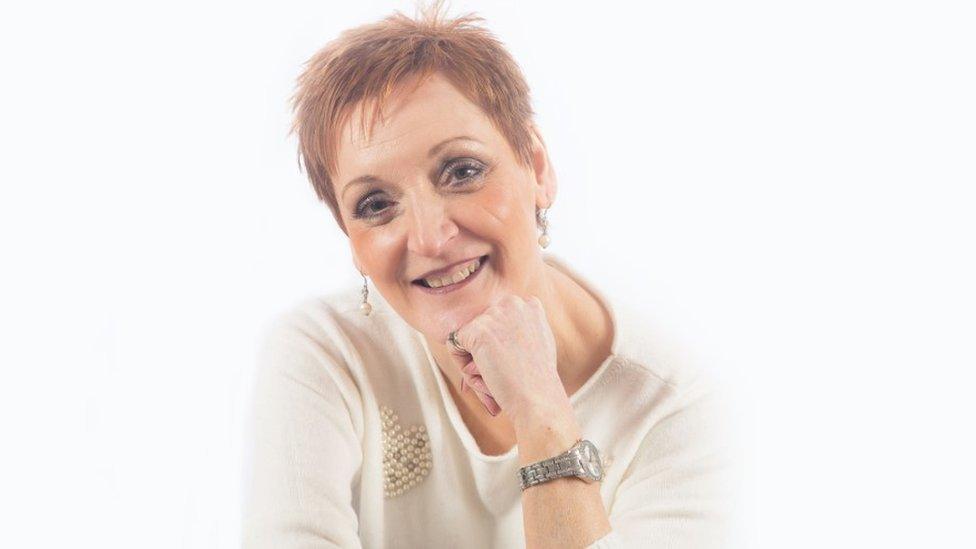
Jacqui Drake said running a charity gave her something to focus on while shielding alone
"People have got so scared and there's a lot of people struggling with their mental health," she says. "You can't keep yourself wrapped up in cotton wool forever and you can't live in isolation forever.
"I nearly lost my life in 2016 due to cancer, but I came through, so it's a matter of living for today for me."
What did the loneliness survey find?
The ONS ran a survey from October 2020 to February 2021, which found the level of loneliness across the UK had increased since Spring 2020.
The results also showed the percentage of people who felt "often or always" lonely in parts of northern England was double the national average.
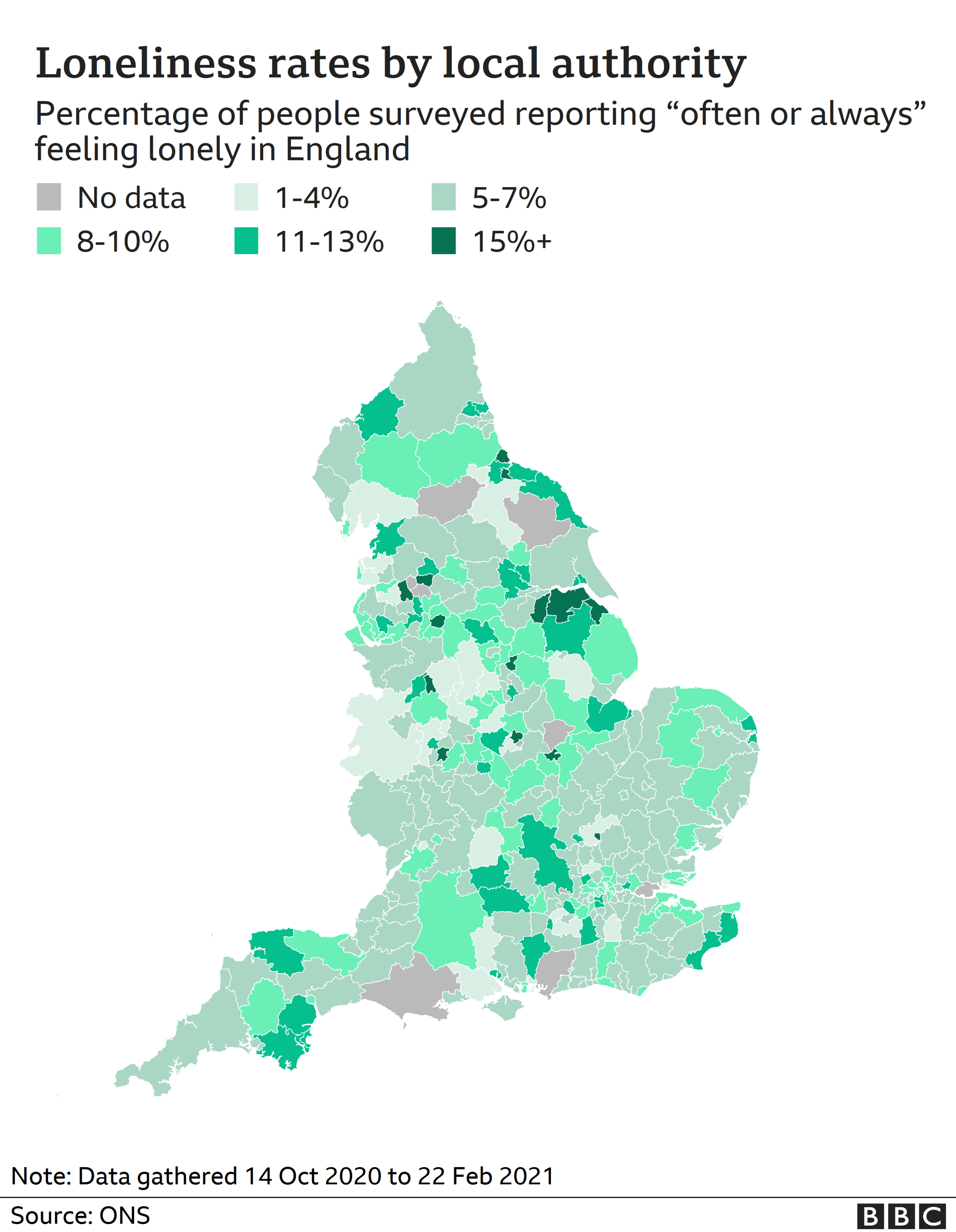
The ONS said places with younger populations tended to have higher levels of loneliness, which was also tied closely to unemployment during the pandemic.
However, it advised against ranking areas against each other, due to the limitations of the survey's sample size.
What can I do to tackle loneliness?
Robin Hewings, director of the Campaign to End Loneliness, says there is concern that people may be left behind in loneliness as lockdown restrictions ease.
"I'm not saying we could have done anything differently, but the lockdowns did have a big impact on our well-being," he says.
Isolation has a "large impact on self-esteem", he says, making it harder for people to pick up the phone and reach out to others for help.
"For some people, they may feel a bit left behind and stuck in that loneliness," he says. It should be "a job for all of us" to reach out to those feeling lonely "so they're not having to make the first move", he adds.
What support is available?
The Campaign to End Loneliness says a number of advice lines and websites, external are available for those whose well-being has been affected by lockdown isolation.
People can also approach their GP who may refer them onto a social prescribing link worker, who help support people into activities which reduce loneliness, such as social clubs, classes or sports teams.
If you or someone you know has been affected by issues raised in this story, sources of support are available at the BBC Action Line. For example, you can call Samaritans free on 116 123, email them at jo@samaritans.org, or visit www.samaritans.org, external to find your nearest branch.
- Published18 November 2020
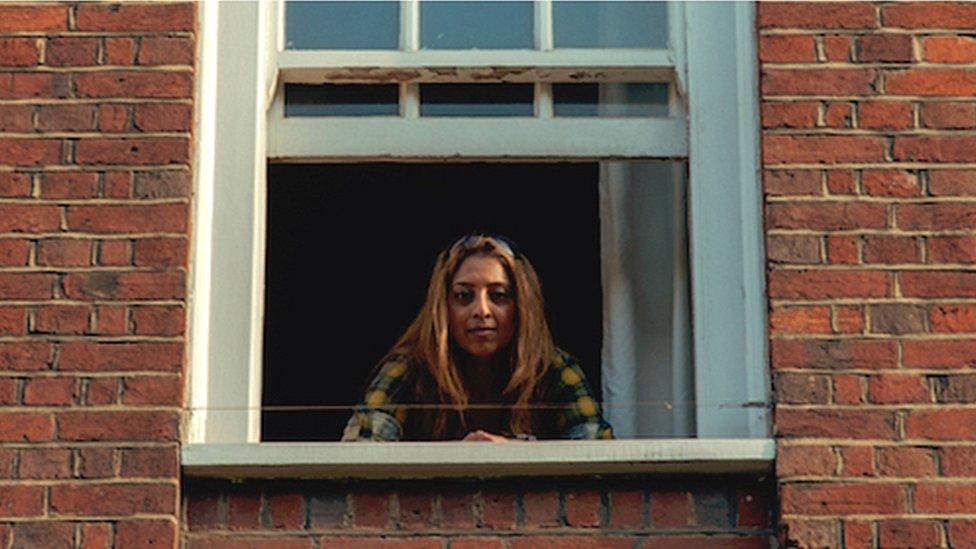
- Published24 March 2021

- Published7 April 2021
